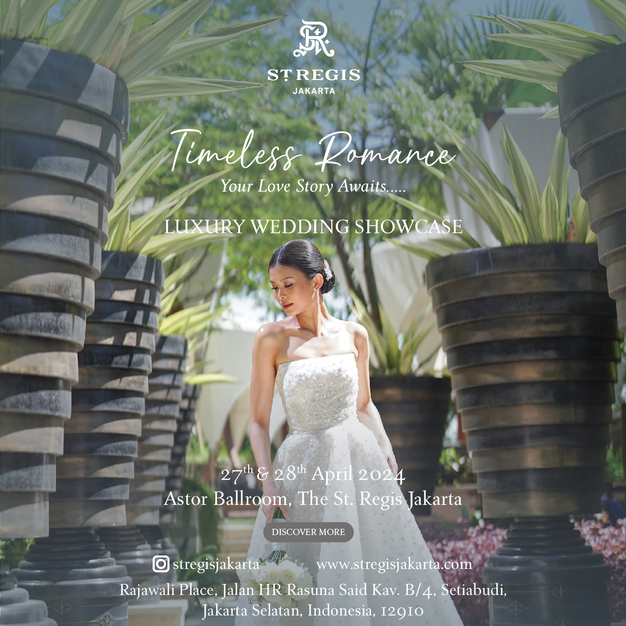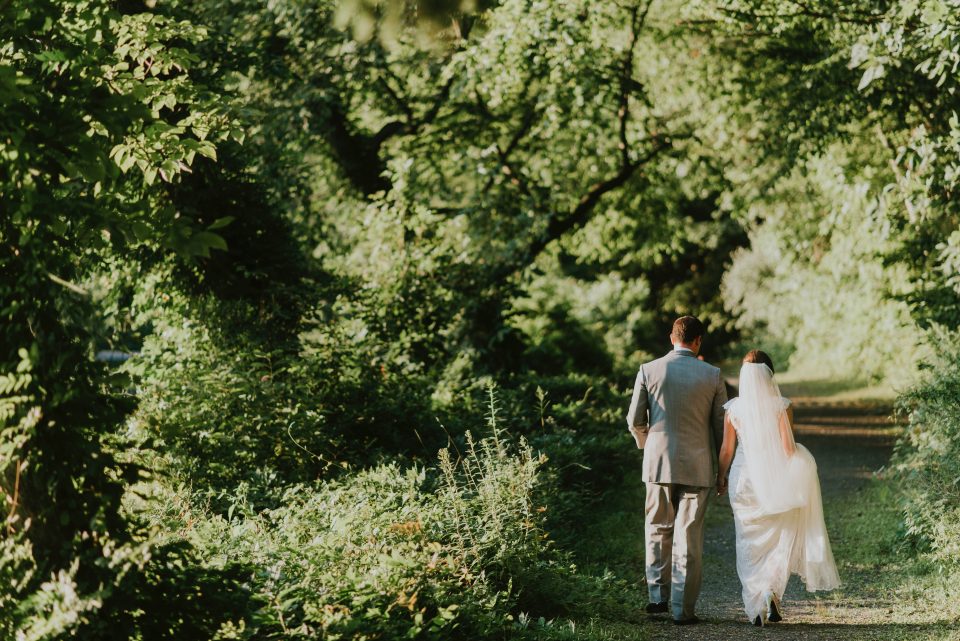Mixed Marriages in Indonesia – A Fresh Look
It would almost be true to say that there are as many varieties of mixed marriages as there are of mixed marriages themselves.
However, I will try and identify some salient aspects and types, and also show how the climate of understanding and tolerance towards mixed marriages has changed since the 1970s when I first visited Indonesia and married my Indonesian wife. This account will inevitably contain – I’m signalling this now – some stereotypes and generalisations.
But first, I’d just like to touch on the phenomenon of “ignorant assumption”. The writers Anthony Burgess and Bernard Cornwell make skilful and entertaining use of characters who buck the stereotypes. In his “Malay Trilogy“, aka “The Long Day Wanes“, set in Malaysia during and after independence, Burgess presents us with a kaleidoscope of characters, including an ethnic Chinese lawyer who yearns, in exile – for the groves of Oxbridge and the London Inns of Court – expressing his sense of being uprooted in exquisite Balliol tones.
Then there is the French Catholic priest, who has been uprooted to Malaysia from China, and so he longs for its traditional reverence for ancient sages and their celestial wiseacrings. In Bernard Cornwell’s “Warlord” trilogy, the narrator, one of Arthur’s most prominent knights, Derfel Cadarn, is by birth one of Arthur’s racial enemies, the Saxons. And in Cornwell’s “Starbuck Chronicles”, set during the American Civil War, the protagonist is a northerner who fights for the South. The lesson is, don’t rush to judgement, and always expect the unexpected.
When I married my wife Srie in 1979, I was already a Muslim, having embraced Islam in Manchester in 1972, and soon afterwards I performed the Haj. Yet when I visited the pilgrimage at Pamijahan in West Java, there were murmurings from the crowd of devotees that a “non-Muslim” should not be allowed in that amazing natural “mosque” in the limestone mountains south of Tasikmalaya. On the other hand, one of my colleagues in a language school in Bandung, on learning that I was a Muslim, declared
“but you don’t take it seriously, do you?”
(falling intonation, lol). So, again, don’t be fooled, life is full of the unexpected.
Another situation that mixed-married couples had to endure “back in the day” arose from another assumption, that the woman was a “naughty girl” and the man was either a john or a playboy. In 1979, when my wife and I got off the bus in Medan after our honeymoon at Lake Toba, we were surrounded by becaks whose drivers hurled insults at us. On another occasion in Bandung, a young man said something to my wife in Sundanese.
Srie later described for me the hurtful things he had accused her of, which naturally set me seething. And an Australian friend of mine was walking in Blok M with his Indonesian girlfriend when someone shouted an insult, with the result that the shouter was poleaxed. But violence usually doesn’t solve anything. There was another frequent assumption, that your Indonesian wife was your second, after a failed marriage in your home country. This was “assumed” by everyone from taxi drivers to local teaching colleagues.
But it is true that the conduct of many bules did deservedly provoke this negative reputation. As late as 2007, British men who were married to Indonesian women were contacted by their consulate to the effect that they had to sign a declaration stating they were still married. Apparently, too many bules had been contracting “temporary marriages” in places like Kalimantan, then abandoning their wives with all the consequent problems and heartaches so caused. So the responsible majority were inconvenienced by the irresponsible minority. (I must affirm, however, that my family and I have had nothing but help from the British consular authorities over the years, beginning with them posting the “banns” at the consulate when we got married.)
Moving on, both our children attended Bandung International (now Independent) School, and in the high school, the majority of the students were the products of mixed marriages. Consequently, it was “coolest” to be mixed, and “mononationals” were seen as a tad less cool.
On the other hand, the larger Sekolah Cita Buana in Jakarta, where I also taught for several years, a school that has an excellent reputation for its special needs programs, besides having its fair share of well-adjusted students, for whom the idea of discrimination based on skin colour, ethnicity, gender orientation was not only wrong but incomprehensible, nurtured, among the “challenged” members of its student population, several “lost children”. There was a sad pattern, with these kids suffering from dysfunctional domestic backgrounds, with abusive, alcoholic, separated or divorced parents, many of whom were mixedly married. These “lost children” looked forward to coming to school, seeing it as a haven of love and support from their friends and teachers.
Children of mixed marriages, whether cool or adrift, the result of blasteran, as the startling Indonesian word has it, have several websites devoted to them. On a recent check on Google, I found sixteen such sites. They have a reputation for possessing outstanding physical beauty. Whatever their gene pool is obviously wider and deeper.
However, the following two sentences may well be the most important part of this article. For non-Indonesians wishing to marry Indonesians, it is essential to know the law. Indonesian law now requires that both parties must hold the same religion. Whether this is a retrograde step or a safety valve to prevent future conflict is a matter of opinion. But the law is the law.
In conclusion, it is obvious that the frequency of mixed marriages is on the rise all over the world, and this is surely part of God’s plan to create a braver new world. And if this weird and devastating COVID-19 virus has revealed one truth, a truth that the Trumps and Farages of the world don’t get, it is… that the human race is one race.
Dachlan is a Liverpool Welshman who first visited Indonesia in 1971 for the Subud World Congress, and returned in 1973 to work at ITB (Institut Teknologi Bandung) as part of a British ODA project. He married Srie in 1979, and they have two children, Munadi and Rianti, a son-in-law, Cas, and a granddaughter, Cara Rose. He has worked in Britain, Indonesia, Saudi Arabia, and Timor Leste, as a librarian, editor, trainer and teacher. His hobby is writing poetry, and has several collections available on Amazon/Kindle.
Also Read Dating An Indonesian: Here’s What Foreigners Need To Know




